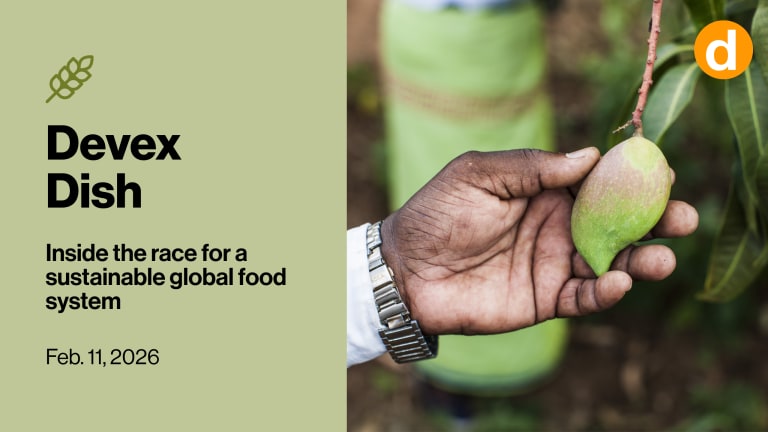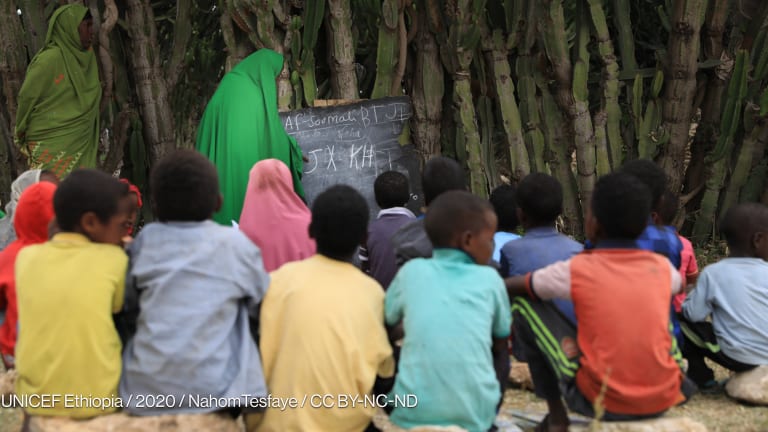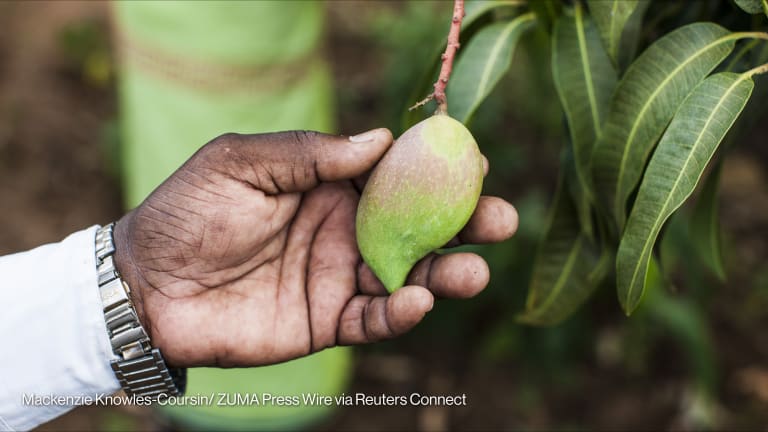Since the Sustainable Development Goals were adopted, higher education professionals have worked across departments and reached across borders to advance the agenda, with universities offering the kind of interdisciplinary expertise needed to solve such complex problems as eradicating poverty in all its forms by 2030. But researchers who rely on the U.S. government for funding say they may now be in the difficult position of having to defend their work and demonstrate their value to an “America first” administration.
Last month, Devex attended an event at the University of California, Davis — which receives much of its funding for global research from USAID — about how universities can work toward the SDGs and transform research into action.
Many of the researchers who were at that event rely on funding from the U.S. government. UC Davis is home to five of the 24 Feed the Future Innovation Labs, a collaboration between U.S. universities and developing country research institutions centered on the U.S. government’s global hunger and food security initiative. Although the event had been in the works for many months, the unexpected results of the U.S. presidential election cast a shadow of uncertainty over many of the conversations.
Search for articles
Most Read
- 1
- 2
- 3
- 4
- 5








